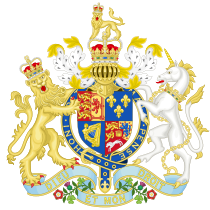The Metropolitan Houseless Poor Act 1864 (27 & 28 Vict c. 116) was a short-term piece of legislation that imposed a legal obligation on Poor Law unions in London to provide temporary accommodation for “destitute wayfarers, wanderers, and foundlings”.[1] The Metropolitan Board of Works was given limited authority to reimburse the unions for the cost of building the necessary casual wards, an arrangement that was made permanent the following year by the passage of the Metropolitan Houseless Poor Act 1865 (28 & 29 Vict c. 34).[2]
Most provincial Poor Law unions followed London’s example, and by the 1870s, of the 643 then in existence, 572 had established casual wards for the reception of vagrants.[3]

